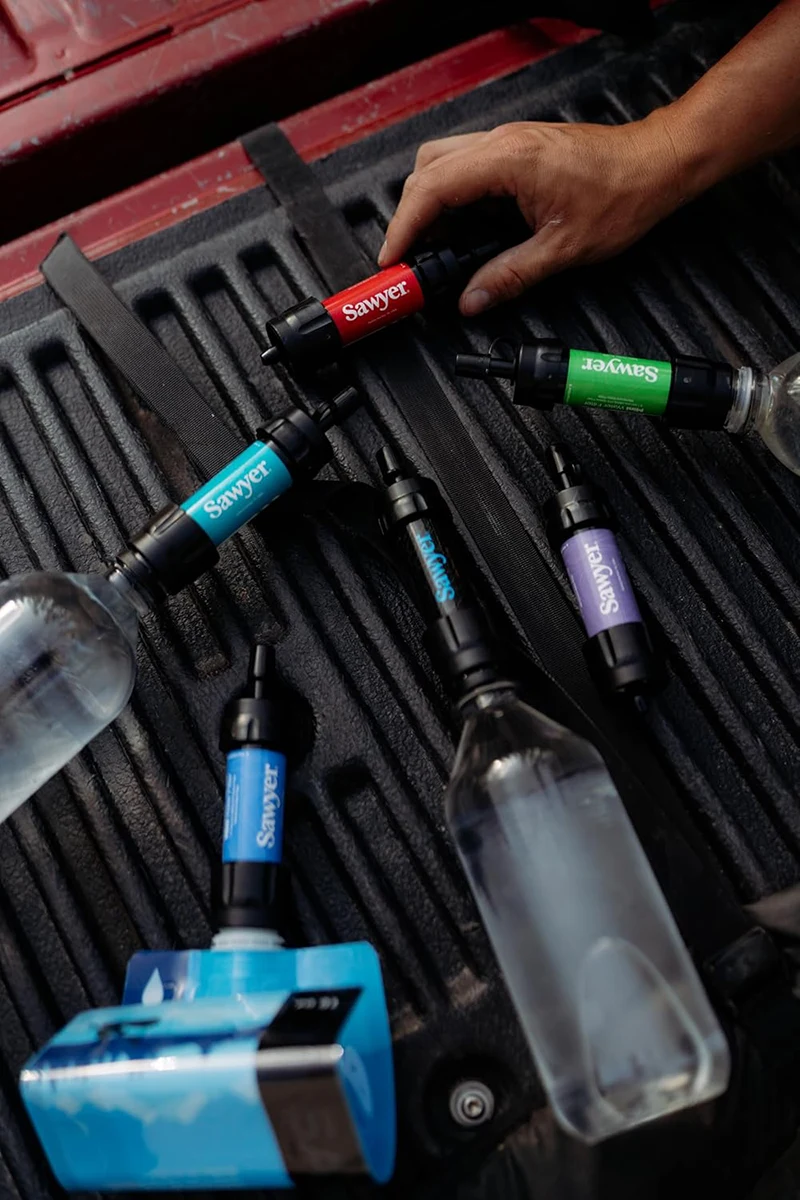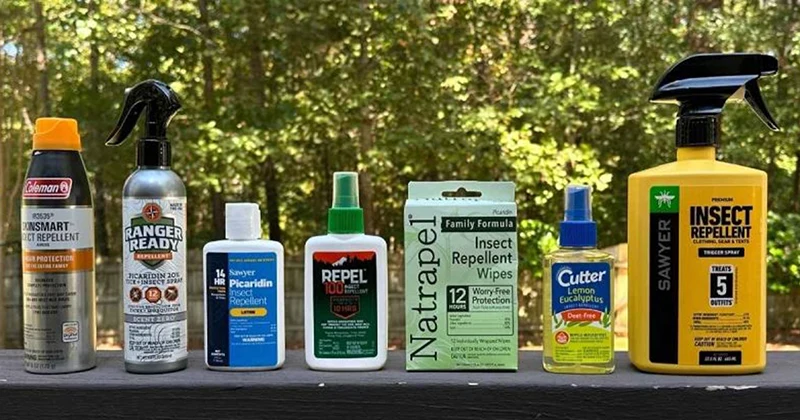WMUR 9: Por qué la temporada de garrapatas podría ser peor en el verano de COVID-19
WMUR 9: Por qué la temporada de garrapatas podría ser peor en el verano de COVID-19

WMUR 9: Por qué la temporada de garrapatas podría ser peor en el verano de COVID-19
YouTube video highlight
Why tick season could be worse in the summer of COVID-19
Read more about the projectWhy tick season could be worse in the summer of COVID-19
After more than three months of shutdowns, mandatory quarantines, self-imposed exile from society and working from home, nature-lovers looking for a well-earned breath of fresh air could face a possible collision course between coronavirus and tick-borne illnesses this summer.
A "perfect storm," warns Eva Sapi, a University of New Haven biology professor and group director for the Lyme Disease Research Group.
Noting the mild winter on the East Coast, Sapi says, "We do have a bad year for the ticks."
Hikers, campers and anyone else eager for an escape could "just explode into the outdoors. And there may not be the same thoughtful approach" to preventing exposure, explains Dr. Sorana Segal-Maurer, director of the Dr. James J. Rahal, Jr. Division of Infectious Diseases at New York-Presbyterian Queens health care system.
"I'm a little nervous that their guard may be down just a slight bit," she adds.
Outdoor crowds were so big around Memorial Day weekend, that parks from southern California to North Carolina had to close early after hitting capacity.
Continue reading the article here.
WMUR 9: Por qué la temporada de garrapatas podría ser peor en el verano de COVID-19


Why tick season could be worse in the summer of COVID-19
After more than three months of shutdowns, mandatory quarantines, self-imposed exile from society and working from home, nature-lovers looking for a well-earned breath of fresh air could face a possible collision course between coronavirus and tick-borne illnesses this summer.
A "perfect storm," warns Eva Sapi, a University of New Haven biology professor and group director for the Lyme Disease Research Group.
Noting the mild winter on the East Coast, Sapi says, "We do have a bad year for the ticks."
Hikers, campers and anyone else eager for an escape could "just explode into the outdoors. And there may not be the same thoughtful approach" to preventing exposure, explains Dr. Sorana Segal-Maurer, director of the Dr. James J. Rahal, Jr. Division of Infectious Diseases at New York-Presbyterian Queens health care system.
"I'm a little nervous that their guard may be down just a slight bit," she adds.
Outdoor crowds were so big around Memorial Day weekend, that parks from southern California to North Carolina had to close early after hitting capacity.
Continue reading the article here.
WMUR 9: Por qué la temporada de garrapatas podría ser peor en el verano de COVID-19


Why tick season could be worse in the summer of COVID-19
After more than three months of shutdowns, mandatory quarantines, self-imposed exile from society and working from home, nature-lovers looking for a well-earned breath of fresh air could face a possible collision course between coronavirus and tick-borne illnesses this summer.
A "perfect storm," warns Eva Sapi, a University of New Haven biology professor and group director for the Lyme Disease Research Group.
Noting the mild winter on the East Coast, Sapi says, "We do have a bad year for the ticks."
Hikers, campers and anyone else eager for an escape could "just explode into the outdoors. And there may not be the same thoughtful approach" to preventing exposure, explains Dr. Sorana Segal-Maurer, director of the Dr. James J. Rahal, Jr. Division of Infectious Diseases at New York-Presbyterian Queens health care system.
"I'm a little nervous that their guard may be down just a slight bit," she adds.
Outdoor crowds were so big around Memorial Day weekend, that parks from southern California to North Carolina had to close early after hitting capacity.
Continue reading the article here.
























































































































